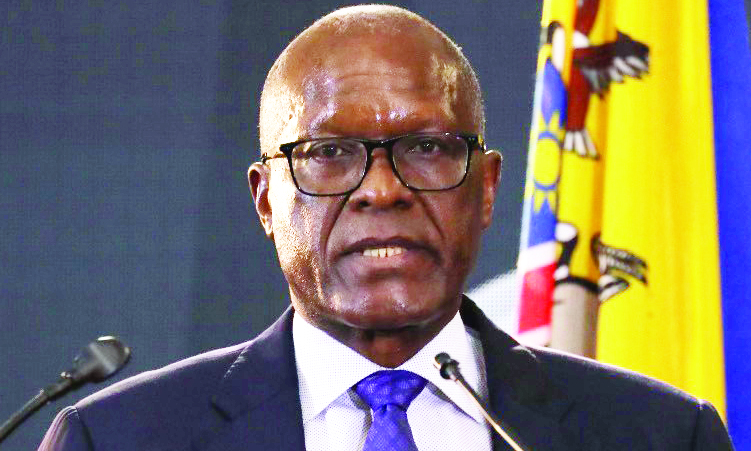Not so long ago, we went about our business wearing masks and diligently cleaning our hands scores of times every day with a variety of known and unknown chemical concoctions.
Security guards were posted at the entrances of shops, and became pseudo-paramedics – armed and ever ready with a digital thermometer to record one’s body temperature.
At a recent meeting, co-hosted by two government entities, I observed how the 40 or so participants passed the microphone from one to another, with sanitation being the last thing on their minds.
The meeting was about the deployment of mentors as a strategy to minimise the risk of borrowers not repaying loans to banks and other lenders – and not about health, safety and sanitation.
Mentorship is a way of life, so unwittingly or unknowingly we engage mentors from an early age.
Along life’s journey a mentor could be a trusted older sibling, uncle, aunt, or another member of the extended family, or even a teacher, person of standing in the community, or a friend – someone to turn to in times of need, or when finding yourself in a fix.
Mentors are people to confide in, use as a sounding board, or ask for unbiased advice and guidance as one navigates the ups and downs of life.
Although often overlooked, in business it is equally important to have a mentor or mentors to turn to.
Naturally in business a mentor is a sounding board, someone you turn to for guidance by drawing on their knowledge, skills, expertise and wisdom in good and bad times.
Due to circumstances and need, mentors will change over the years.
Entrepreneurs and business leaders, family, former colleagues, business partners, customers, suppliers, and service providers make excellent business mentors.
Your banker too could be an excellent business mentor, although changes in the way banks operate nowadays make it difficult to even know who your banker is.
At times one wonders if that so-called personal banking department isn’t a contradiction in terms and should rather be titled the ‘impersonal’ banking section.
As most entrepreneurs would attest, when it comes to working with banks there is a lack of urgency and an absence of empathy.
The character traits of a business mentor must be to instil trust and confidence.
And optimally they must be a no-nonsense sort of person, who would never hesitate to tell it as it is – even if one doesn’t like hearing the truth.
As a mentee, there must be a willingness to take the punch when a mentor points out that you have screwed up.
Mentors should be easily contactable and readily available, but mentees must accept that they have limitations in terms of time, skills, knowledge, and expertise.
Mentors must know and accept that it is your business, not theirs, and that you may not always follow their advice to the letter.
As business owner, the success and survival of your business rests with you.
Smart entrepreneurs do not wait until they borrow money from a bank before identifying and engaging with mentors.
In business, as in life, everyone needs a helping hand.
So don’t procrastinate.
If you haven’t yet identified a mentor or mentors, do so immediately and work on cultivating a relationship that adds value to the running and growing of your business.
- Danny Meyer is reachable at danny@smecompete.com
Stay informed with The Namibian – your source for credible journalism. Get in-depth reporting and opinions for
only N$85 a month. Invest in journalism, invest in democracy –
Subscribe Now!






